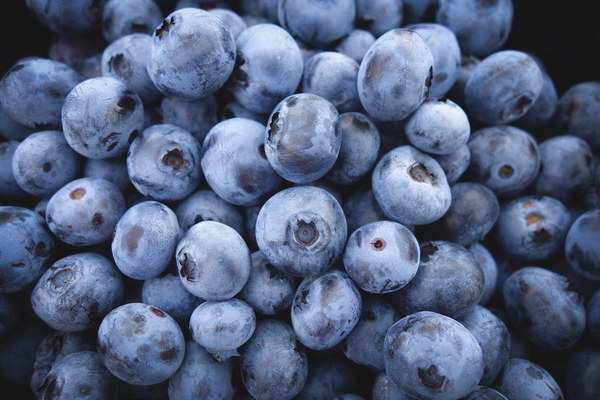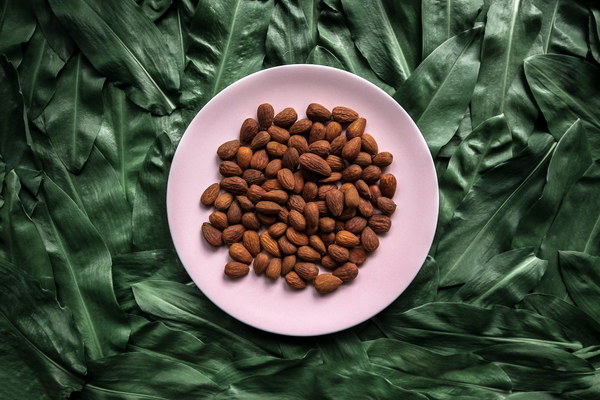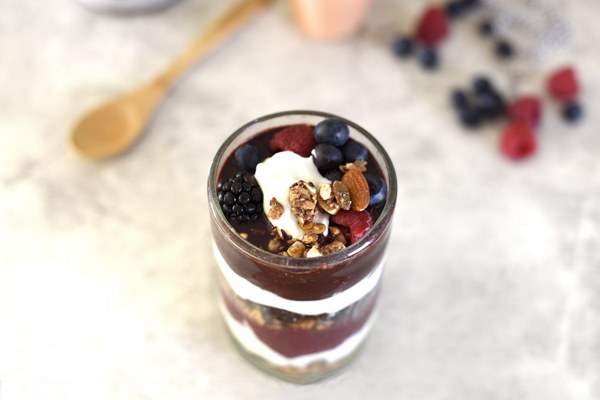Is Excessive Water Consumption Harmful to the Liver or Beneficial Unveiling the Truth
Introduction:
The debate over whether excessive water consumption is harmful to the liver or beneficial has been a topic of discussion for many years. While it is commonly believed that staying hydrated is essential for overall health, some people argue that drinking too much water can actually be detrimental to the liver. In this article, we will explore the impact of excessive water consumption on the liver, separating myths from facts.
The liver's role in maintaining hydration:
The liver plays a crucial role in maintaining the body's hydration balance. It produces bile, which helps in the digestion and absorption of fats, and also helps regulate the body's fluid balance. Additionally, the liver produces albumin, a protein that helps maintain fluid balance in the bloodstream.
Benefits of drinking plenty of water:
Drinking an adequate amount of water has numerous health benefits. It aids in digestion, kidney function, and the elimination of toxins from the body. Moreover, staying hydrated can improve cognitive function, boost energy levels, and enhance skin health.
The potential risks of excessive water consumption:
While moderate water intake is beneficial, excessive water consumption, also known as water intoxication or hyponatremia, can lead to several health issues. Hyponatremia occurs when the concentration of sodium in the bloodstream becomes too low, which can disrupt the normal balance of fluids and electrolytes in the body.

The impact on the liver:
When it comes to the liver, excessive water consumption can potentially lead to the following issues:
1. Hyponatremia: As mentioned earlier, hyponatremia can occur when the body's sodium levels become too low. This condition can cause the liver to swell and lead to liver damage or failure.
2. Increased blood volume: Excessive water intake can cause an increase in blood volume, which may strain the liver's ability to filter and process waste products effectively.
3. Reduced bile production: The liver produces bile, which is essential for digestion. When the body is overly hydrated, the liver may produce less bile, leading to impaired digestion and potential liver problems.
4. Alcohol-induced liver damage: Excessive water consumption can exacerbate the effects of alcohol on the liver. Alcoholics who drink excessive amounts of water may experience more severe liver damage due to the increased alcohol intake.
Conclusion:
In conclusion, while moderate water intake is essential for maintaining overall health, excessive water consumption can potentially harm the liver. It is crucial to strike a balance and ensure that water intake is appropriate for individual needs. To minimize the risk of liver damage, it is recommended to consult with healthcare professionals and maintain a healthy lifestyle that includes proper hydration, balanced nutrition, and regular exercise. By doing so, you can reap the benefits of staying hydrated while minimizing the potential risks to your liver.









